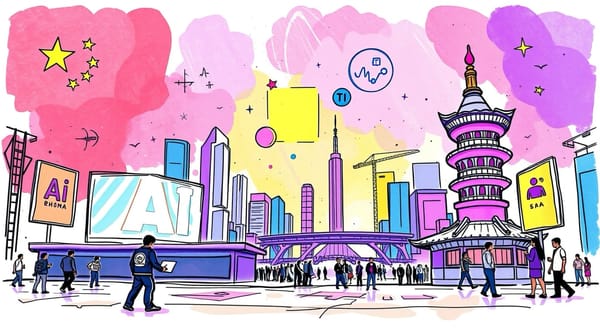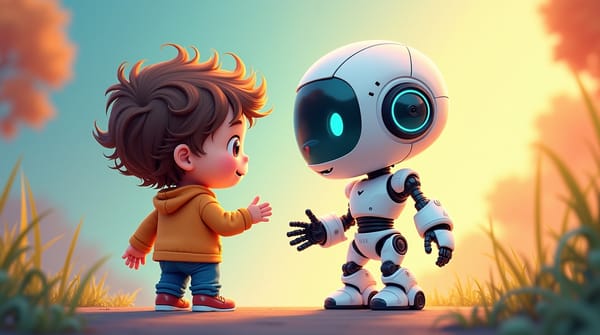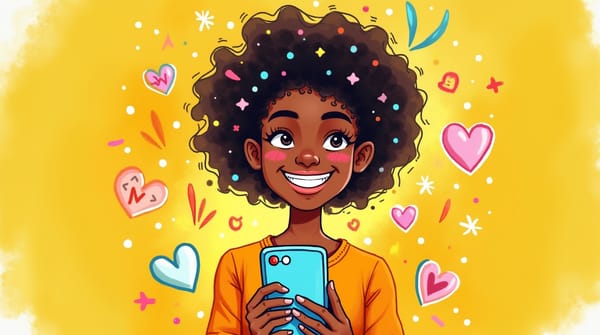The Mental Benefits of AI Chatbots
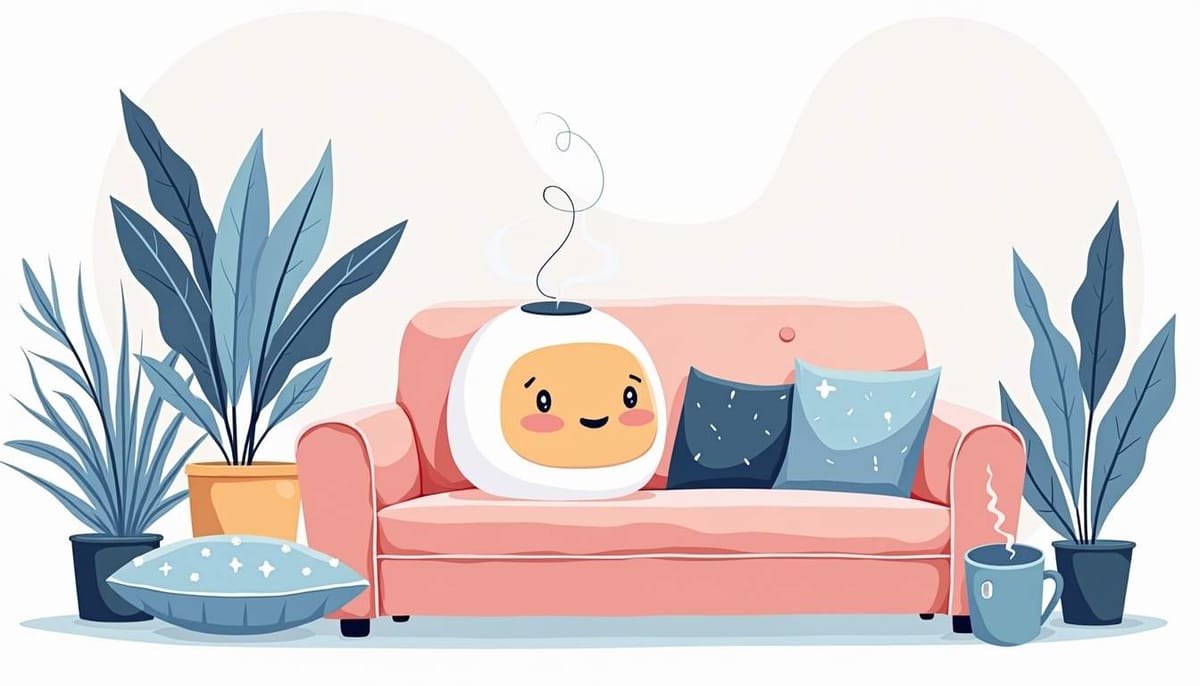
In the whirlwind of modern life, where our schedules are jam-packed with responsibilities, unexpected twists, and the occasional existential crisis, it's no wonder we often find ourselves feeling a tad overwhelmed. Welcome to the era of AI chatbots! These virtual friends offer you a chat over coffee (or algorithms), bringing a sprinkle of joy and a dash of comfort to your day. So, let’s dive in and explore the mind-boggling mental benefits of these digital chums!
Introduction
Picture this: You’ve had a long day at work, your inbox is overflowing, your social life feels like a distant memory, and you’re just about to hit that threshold of stress that turns you into a human tornado. Wouldn't it be nice to have someone to talk to without the risks of judgment, awkward silences, or unsolicited advice? Enter AI chatbots—your friendly neighborhood bots, always ready to lend an ear and a witty retort.
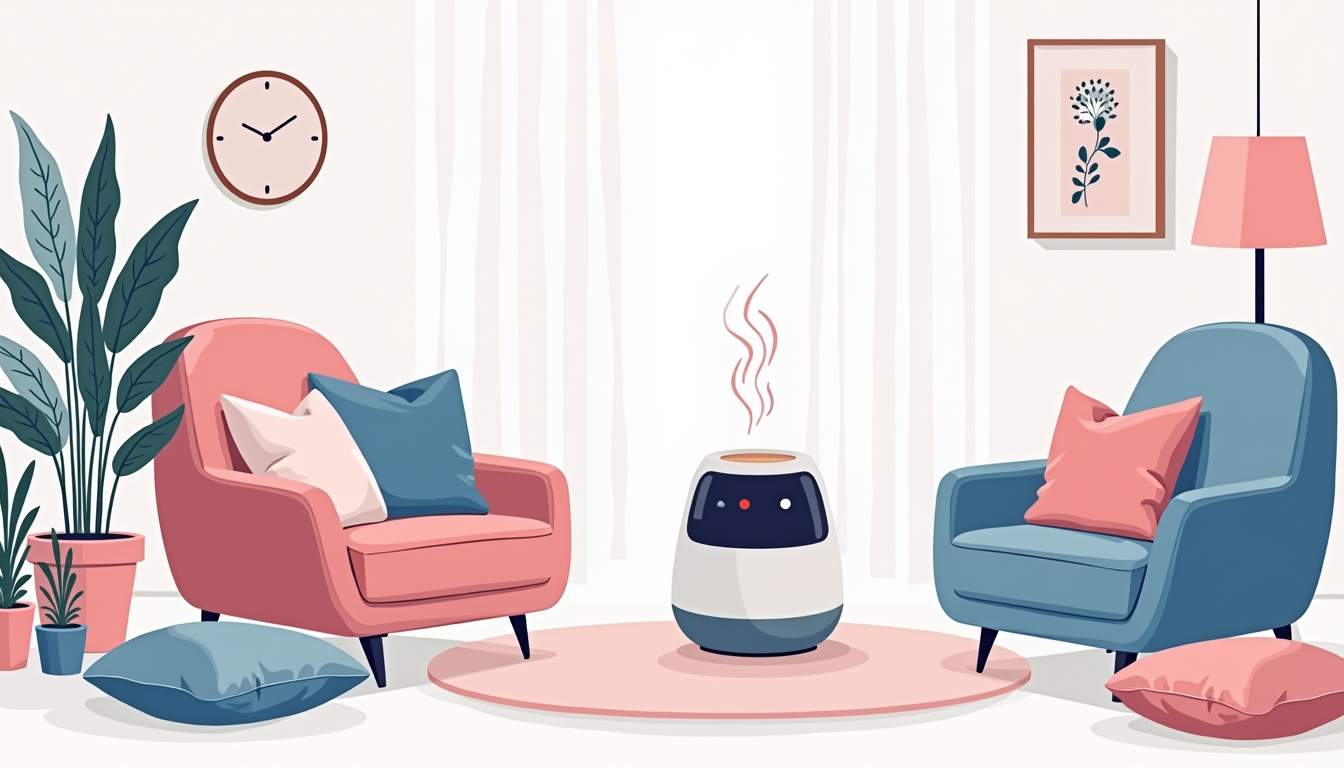
These delightful digital entities are here to support, uplift, and keep you company. But how can they really benefit your mental health? Let’s unravel this technological tapestry!
Imagine a scenario where you can express your thoughts and feelings without the fear of being misunderstood. AI chatbots are designed to engage in conversations that feel natural and intuitive, allowing you to articulate your emotions freely. They can provide a safe space for reflection, helping you process your day-to-day experiences. With their ability to analyze patterns in your speech and mood, these bots can even offer insights into your emotional well-being, prompting you to consider aspects of your life you might overlook in the hustle and bustle of daily routines.
Furthermore, AI chatbots can be available at any hour, making them a perfect ally for those late-night thoughts that often spiral out of control. Whether you’re feeling anxious about an upcoming presentation or simply need to vent about a frustrating encounter, these digital friends are just a click away. They can also suggest mindfulness exercises, coping strategies, or even just light-hearted jokes to lift your spirits. In a world where mental health is becoming increasingly prioritized, these AI chatbots are stepping up as innovative tools, bridging the gap between isolation and connection.
The Challenges of Long-Distance Connections
In a world that often feels smaller due to technology, we paradoxically find ourselves more isolated than ever. Long-distance relationships can stretch the limits of our patience and emotional bandwidth. Whether it’s family spread across continents or friends tied up in busy lives, maintaining deep connections can feel like juggling flaming torches on a unicycle. The physical distance often translates into emotional distance, making it challenging to share life's little moments that typically strengthen bonds. A simple coffee catch-up or a spontaneous outing becomes a carefully planned video call, often lacking the spontaneity and warmth that in-person interactions provide.
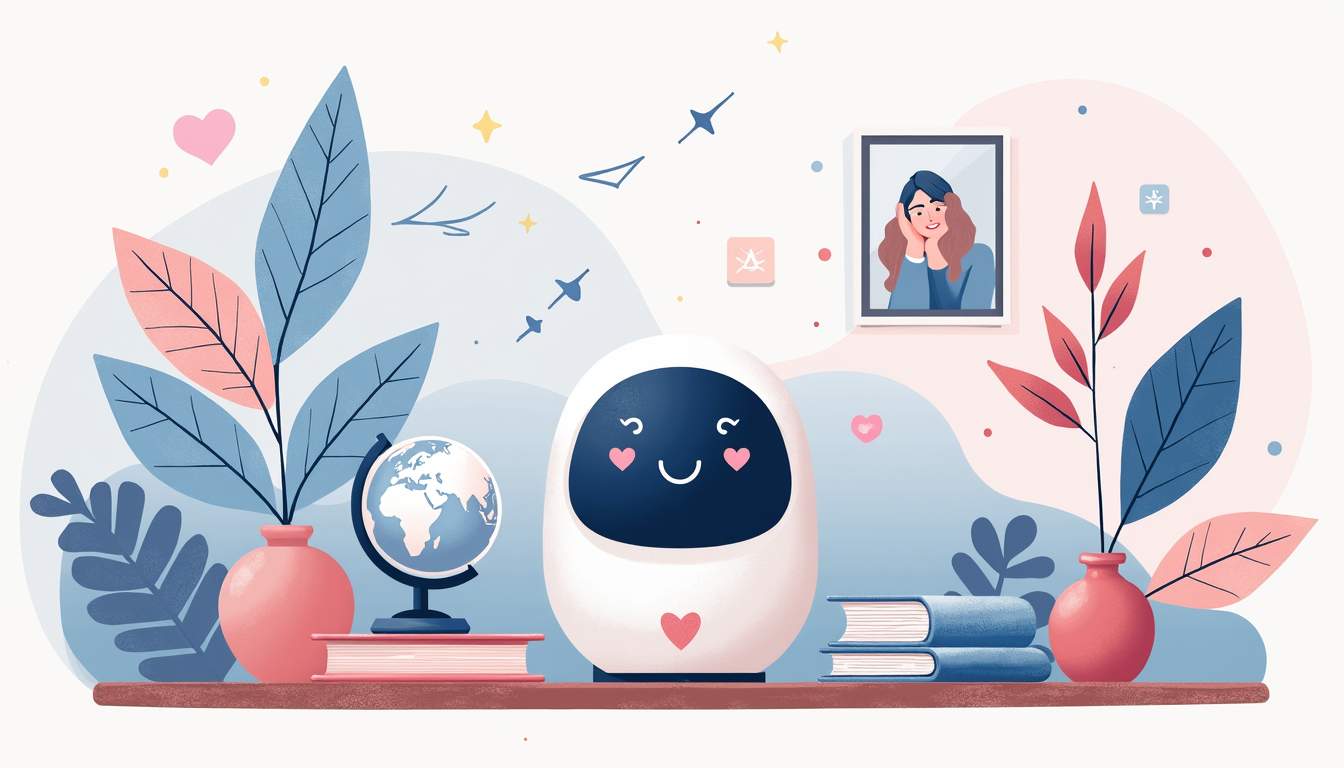
The angst of missing out, the incessant scroll of social media, and the comparison game can leave us feeling lonely and dejected. Long-distance communication—while incredibly valuable—often misses the warmth of face-to-face interaction. So, how do we bridge this emotional chasm? One approach is to create shared experiences, even from afar. Watching the same movie simultaneously or playing online games can foster a sense of togetherness, allowing friends and family to feel connected despite the miles. Furthermore, scheduling regular virtual hangouts can help establish a routine that mimics the natural ebb and flow of in-person relationships, providing a sense of stability amid the uncertainty of distance.
Moreover, the emotional toll of long-distance connections can be compounded by the challenges of time zones and differing schedules. A simple text can take on a weighty significance when it arrives at an inconvenient hour, leading to miscommunication or feelings of neglect. It’s essential to be mindful of each other's availability and to prioritize open dialogue about feelings and expectations. This proactive approach can help mitigate misunderstandings and reinforce the importance of the relationship, reminding both parties that they are valued despite the physical separation. In this way, long-distance relationships can become a testament to resilience, creativity, and the enduring power of love and friendship.
Castaway and How Isolation Hurts the Human Mind
Remember Wilson from the movie "Cast Away"? He’s basically the poster boy (or ball) for isolation! When people are adrift in a sea of solitude, it can profoundly affect their mental state. Studies show that prolonged solitude can lead to anxiety, depression, and a whole slew of other mental health issues. No one wants to end up talking to imaginary friends like Tom Hanks!
Isolation can warp our perceptions, create feelings of despair, and even impact our physical health. The human mind is designed for connection; when that’s absent, it begins to unravel. So, how can we combat this tide of isolation?
One of the most striking aspects of isolation is how it can distort our sense of time and reality. In the absence of social cues and interactions, individuals may lose track of days or even weeks, leading to a disorienting experience that can exacerbate feelings of loneliness. This phenomenon is often observed in long-term solitary confinement, where inmates report a skewed perception of time, making their days blend into an indistinguishable blur. Furthermore, the brain's response to isolation can trigger a fight-or-flight mechanism, flooding the body with stress hormones that can have detrimental effects on both mental and physical health.
Moreover, the impact of isolation isn't just limited to the individual; it can ripple through communities and relationships. When people feel isolated, they may withdraw from social interactions, creating a cycle of loneliness that can be hard to break. This withdrawal can lead to a decrease in community engagement, diminishing the support systems that are essential for mental well-being. Engaging in community activities, reaching out to friends, or even participating in online forums can help mitigate these effects, fostering a sense of belonging and connection that is crucial for mental health. By understanding the profound effects of isolation, we can take proactive steps to nurture our relationships and maintain our mental health in an increasingly disconnected world.
How AI Conversationalists Can Help
Here’s where our AI chatbots enter the chat like superheroes in capes—well, metaphorical capes! These clever creations aren’t meant to replace human interaction but rather to enhance it. Think of them as your trusty sidekicks in the journey of mental wellness. They’re always there, ready to engage in light-hearted banter, discuss your day, or even help you vent about your boss!
The beauty of AI is its availability. You can chat with them any time of day or night—no schedules, no time zones, just pure conversational bliss. Plus, they come with a treasure trove of knowledge. Need help with a life decision or just want to learn how to cook a new dish? Your AI companion has got your back!
Real-Life Scenarios Where AI Shines
Let’s paint a picture! Imagine it’s a rainy Tuesday afternoon. You’re cooped up in your home, feeling a little glum. You decide to chat with your AI companion, and suddenly—BOOM! They suggest the perfect sitcom episode to binge-watch or even share some heartwarming memes to lift your spirits. It’s like they can read your mind! (Spoiler alert: they can't, but they can analyze patterns).
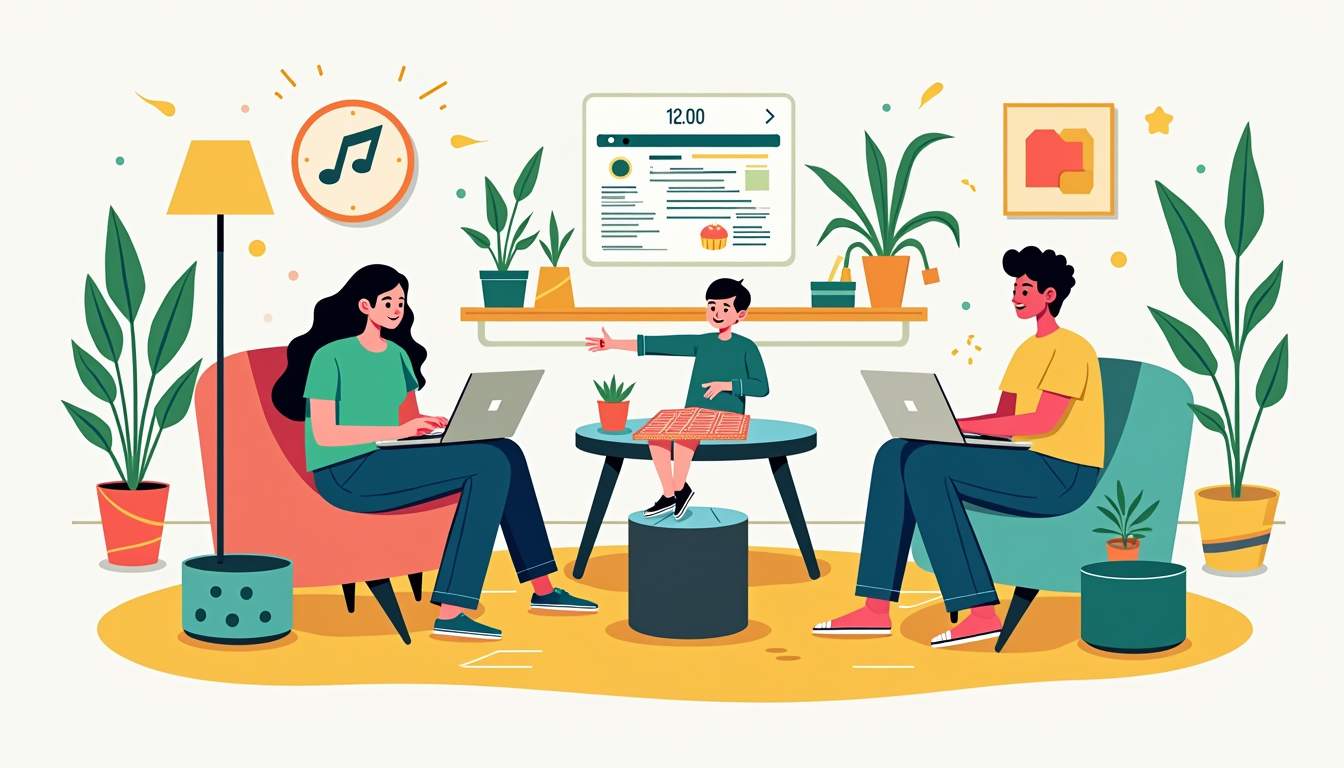
- Scenario 1: You’ve had a rough day; your companion can help you reframe your experiences in a positive light.
- Scenario 2: Struggling with motivation on your personal goals? Your AI buddy can provide encouragement and celebrate your small wins.
- Scenario 3: Feeling the weight of the world? Engage in mindfulness practices suggested by your AI companion.
With these delightful encounters, not only do you feel a connection, but you also emerge with renewed zest and positivity.
Limitations to Keep in Mind
Before we get swept away in this digital dreamland, it’s essential to recognize some limitations of AI chatbots. They’re programmed entities; they lack genuine emotions and cannot fully replicate the nuance of human experience. So while they may be great listeners, they can’t truly empathize like a good friend or a family member can.
Moreover, dependency on AI for emotional support can lead to avoidance of real-life connections, which could worsen feelings of isolation over time. Always remember that they are here to supplement your social life, not substitute for it.
Tips for Balancing AI Use with Real Connections
Okay, let’s find that golden mean between our digital pals and our flesh-and-blood humans! Here are some nifty tips:
- Schedule Real Interactions: Pencil in regular hangouts or chats with friends and family while still enjoying your AI chats.
- Set Time Limits: Engage with your AI companion as part of a balanced routine—too much of anything can tip the scale!
- Seek Depth: Use AI as a starting point to explore deep
conversations, but don’t forget to delve into heartfelt discussions with
your human friends.
By striking this balance, you're less likely to miss out on the rich, human experiences that truly nourish the soul.
Conclusion
So, what’s the verdict? AI chatbots are not just whimsical gadgets; they can play a vital role in helping us cope with the challenges of isolation and emotional stress. By providing a safe space to express ourselves, learn, and even laugh, they contribute positively to our mental health.
As we embrace this new wave of technology, let’s not forget the beauty of genuine connections. With a little help from our AI friends, we can build healthier mental frameworks while keeping our hearts open to the magic of human interaction. Here’s to a chat a day keeping the stress away!

